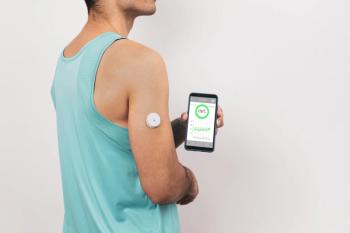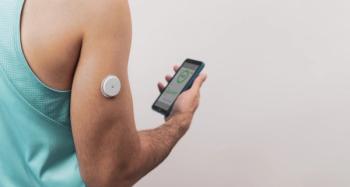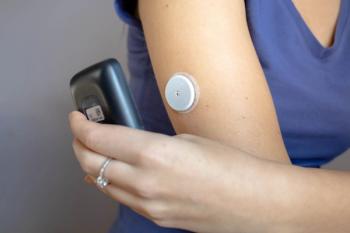
Virtual Clinics Help Remove Barriers to Diabetes Care
Various issues were mitigated when patients were given proper training and supplies.
Problems such as geography and access to specialty care are widespread across much of the health care spectrum. Simply put, physical access to treatment can be as big of a barrier as financial access. If an individual can’t get to a specialist, they’re oftentimes out of luck.
A conference abstract presented at Advanced Technologies and Treatments for Diabetes 2023 aimed to determine whether a completely virtual diabetes clinic could realistically initiate—and then continue to support—continuous glucose monitor (CGM) use in patients who did not physically travel to receive the care.
In the study, 234 adults over the age of 18 with either type 1 or type 2 diabetes (T1D; T2D) were given virtual training from a certified diabetes expert on how to properly utilize their CGM, then followed for 6 months to track their use.
Forty-seven of the participants were already using a Dexcom D6; the other 187 participants were provided D6’s at the beginning of the study period. Throughout the study, researchers found that glycemic levels were steadier in those who were using CGM for the first time, and that patients seemed satisfied with the usefulness of the CGMs, as well. “Glycemic outcomes improvements were observed in both current CGM users and those initiating CGM,” the researchers noted. “Surveys indicated substantial benefit of CGM with reduced diabetes distress, and increased glucose monitoring satisfaction.
Another perceived problem with virtual care is that individuals are more prone to stop their treatment without in-person supervision or guidance, but that was not the case in this study: investigators found that the median use of CGM devices was 96% and 94% in T1D and T2D, respectively.
In the end, researchers concluded that “Virtual clinic support was successful in achieving sustained CGM use and improved glycemic and quality of life outcomes.” This study is proof that when patients are given the proper training, information, and supplies to treat themselves, virtual health care clinics can be highly effective. For people with diabetes specifically, CGM use continues to grow, and the response from individuals using the monitors is positive.
Geography and access to special care have often been roadblocks to individuals receiving the care they need. But if all virtual clinics can be as fruitful as the one observed in this study, then those roadblocks can be removed for a large number of patients.
Reference
Aleppo G, Gal R, Raghinaru D, et al. Virtual diabetes specialty care – individualized telemedicine and technology support. Presented at: Advanced Technologies and Treatments for Diabetes 2023; February 22-25, 2023; Berlin, Germany.
Newsletter
Pharmacy practice is always changing. Stay ahead of the curve with the Drug Topics newsletter and get the latest drug information, industry trends, and patient care tips.

























